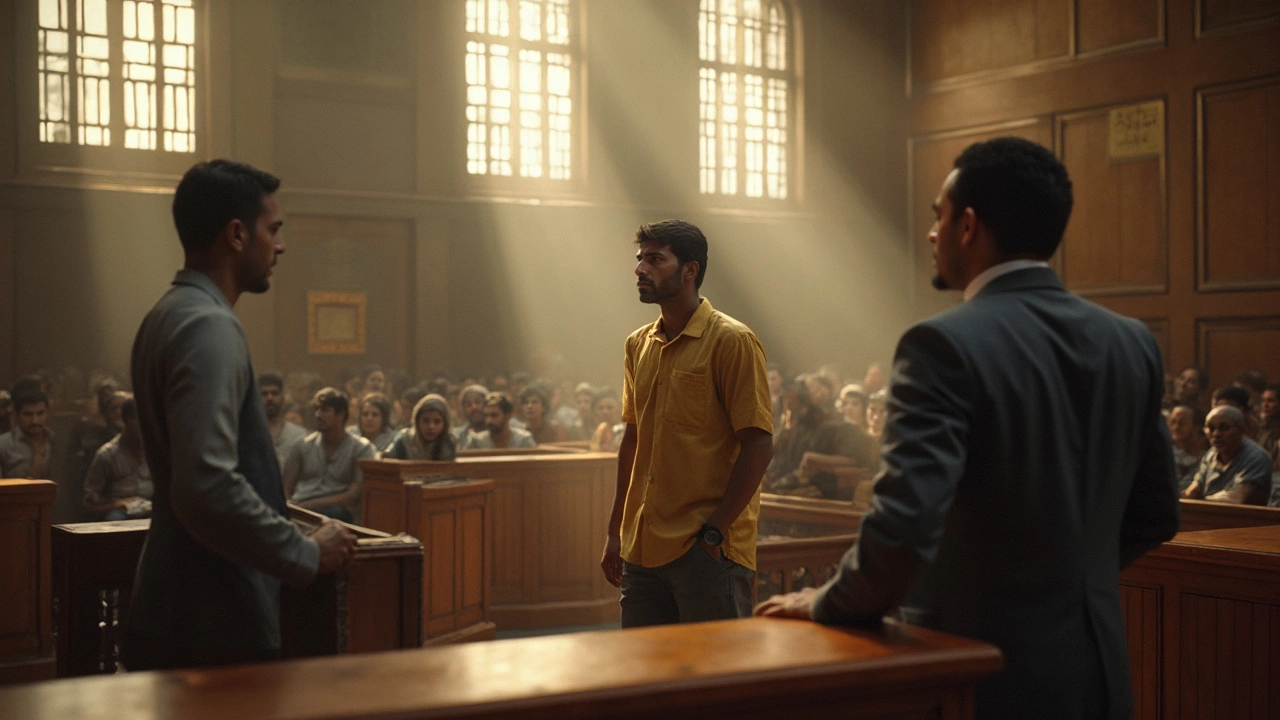Criminal Rights in India – What You Need to Know
Ever wondered what you can actually do when the police knock on your door? You’re not alone. Many people think they have no power once an arrest is made, but the law gives you several clear rights. Knowing them can stop a small problem from turning into a big legal headache.
First off, you have the right to be informed why you’re being detained. The officer must tell you the specific charge in plain language. If they can’t, you can politely ask them to clarify. This isn’t just a courtesy – it’s required by the Constitution and the Indian Evidence Act.
Stay Silent Until You Talk to a Lawyer
The moment you’re taken into custody, you can invoke your right to remain silent. Anything you say can be used against you, so it’s safest to wait for a lawyer. Under Section 164 of the Criminal Procedure Code (CrPC), you have the right to legal counsel. If you can’t afford one, the court will appoint a public defender. Don’t let an officer pressure you into signing a statement – you can say, “I would like to speak to a lawyer before answering any questions.”
Having a lawyer doesn’t just protect you during questioning. They can also check whether the police followed proper procedures when they searched you or seized your belongings. An illegal search can make the evidence inadmissible, which could dramatically change the case outcome.
Bail Basics – Getting Out While You Wait
If you’re charged with a non‑bailable offence, you still have the option to apply for bail. The court looks at factors like the seriousness of the crime, your past record, and whether you might tamper with evidence. A good bail argument highlights your stability – a steady job, family ties, or community involvement – showing you’re not a flight risk.
Even for bailable offences, the police can set a monetary amount. If you can’t pay right away, you can request a lower amount or ask the court to review it. Remember, bail isn’t a punishment; it’s a guarantee you’ll appear for your hearing.
Another common misconception is that you must pay a fine before you can be released. That only applies to certain traffic violations or minor infractions. For most criminal cases, the focus is on bail, not immediate fines.
Understanding these rights changes how you react in a high‑stress situation. Instead of freezing or saying yes to everything, you can calmly assert your legal protections. This calm approach often makes the police less aggressive, and it gives you a better chance of a fair process.
Lastly, keep a copy of any document you sign. If you’re released on bail, you’ll receive a bail order – read it carefully. It will list conditions like staying within a specific area or reporting to a police station regularly. Breaking these conditions can lead to your bail being revoked.Criminal law can feel intimidating, but the Constitution gives you tools to stay in control. Knowing your right to silence, the right to counsel, and how bail works are the three pillars that protect you the most. Keep this guide handy, and you’ll be ready if the unexpected happens.

Understanding the 6th Amendment: Your Rights in a Criminal Trial Explained
Ever wondered what really protects people when they step into a courtroom facing criminal charges? This article breaks down the 6th Amendment, showing why it's at the heart of a fair legal process in the United States. From your right to a speedy trial to the power of facing your accuser, you’ll find out exactly how these rights work—and why they matter. Get real tips on what to do if you ever need them, plus crazy facts from actual cases. If you want to know how the Constitution stands up for normal folks, you'll get every detail here.